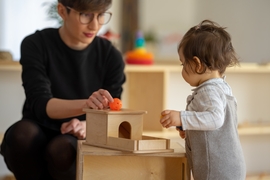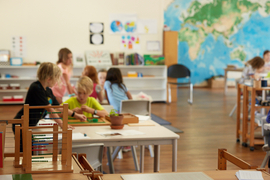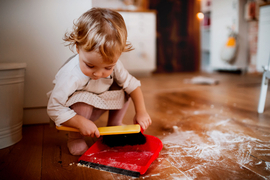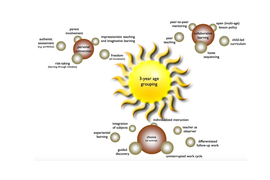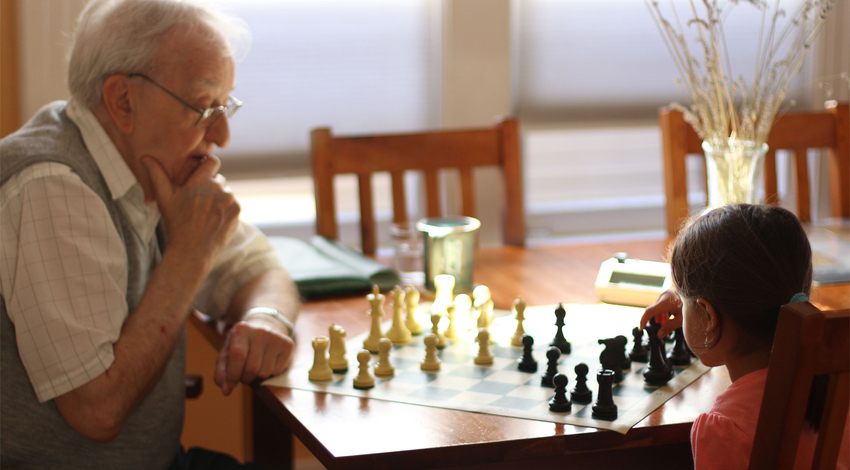
Children learn best when they interact with materials or topics of their own choosing. In the Montessori classroom they are not only gaining knowledge but also learning to concentrate and manage their time independently. The content is not separate from the process of learning.
Learning does not stop when children leave school. They learn continuously from everything around them. It’s important that children have ongoing opportunities at home to assume some responsibility, manage their time, and choose engaging activities wisely from a carefully prepared selection.
Montessori children need a “prepared environment” at home for the same reasons they need one at school.
That said, we want to be thoughtful about the amount of work we give to children. Downtime is as important for children as it is for busy adults. They need quiet time to process what they are learning each day. Overscheduling children with after school or weekend classes or additional work can undermine their motivation to engage at school and may also lessen the impact of lessons in the classroom.
Learning experiences at home should emerge from the interests and abilities of each child and the family. Activities may be offered but should ideally be chosen by the child and tailored to suit their interests and needs. They may need the assistance of a parent or sibling at first. Daydreaming is worthwhile, too!
Learning experiences at home can be organised into to three groups: experiences (e.g. reading, visiting a museum or going to see a play); skills (e.g. riding a bicycle, cooking, playing an instrument or sewing); and products to be shared (e.g. a letter or story, art work, or plants grown in the garden).
Children might reinforce academic skills at home by reading to a younger sibling, keeping a journal, writing postcards or emails to friends or relatives, and using a monthly allowance to buy things for themselves when accompanying parents on shopping trips. But they can also develop literacy and math skills by reading comics or children’s magazines, playing board games like Monopoly, working on crosswords and hidden search puzzles, collecting coins, learning carpentry, keeping a scrapbook of newspaper articles on an issue that interests them, writing letters to public servants requesting improvements to playground facilities or earning money for walking neighbours’ dogs. Just as in the classroom, activities that capture a child’s interest are more likely to inspire them to persist.
Preparing the child’s home environment can remove frustrations that may overwhelm their organisational skills. Once an activity is chosen, ensure that all the materials they need are organised for easy access and that they know how to clean up when they’re finished.
